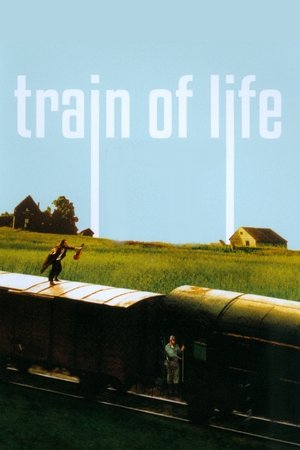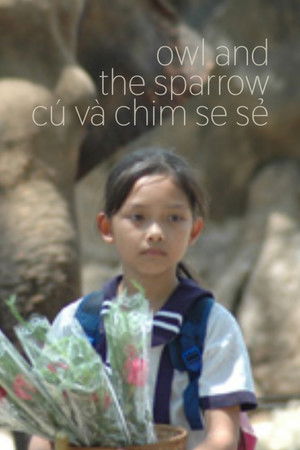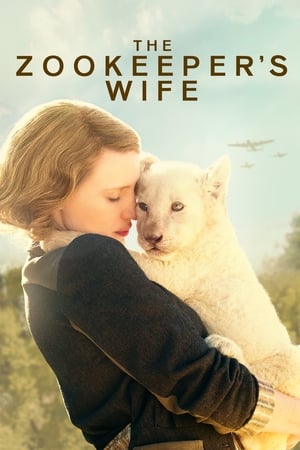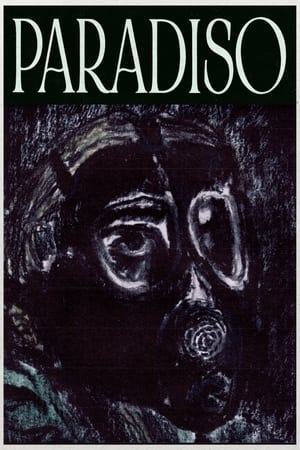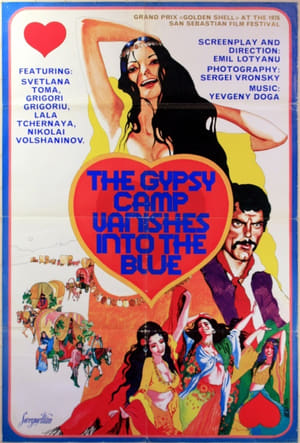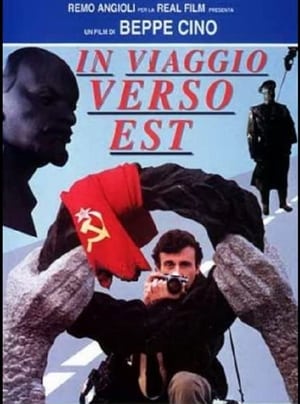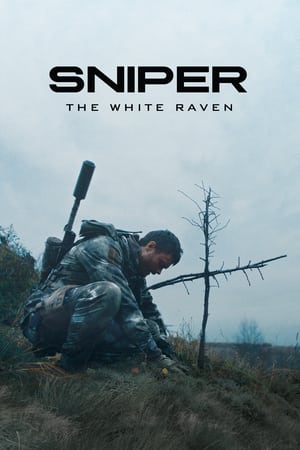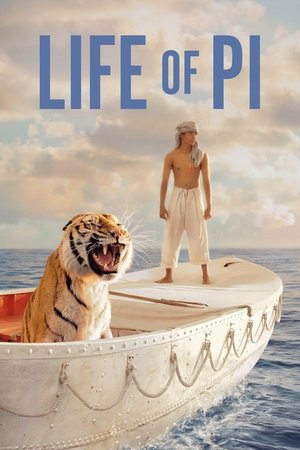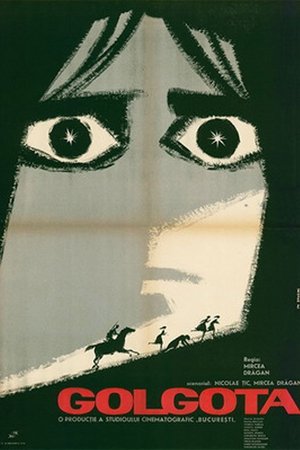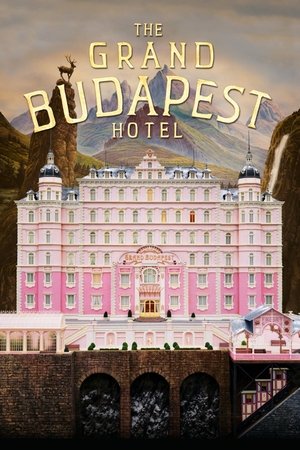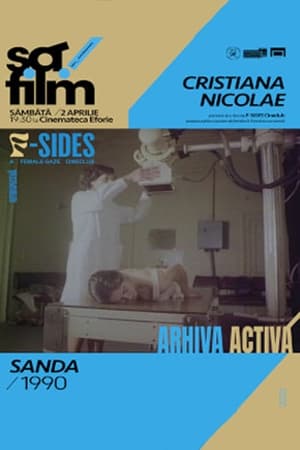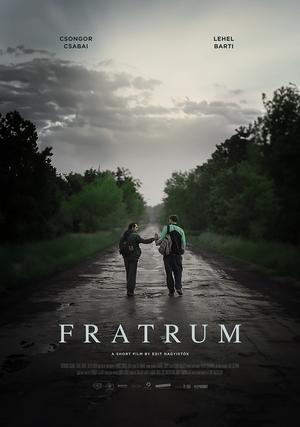Overview
Jonah Ludovic is a custodian at a small municipal zoo. After a night of heavy shelling Ludovic arrives at his job to find the staff abandoning the zoo. He joins a skeleton crew that includes an elderly guard and a veterinarian. Their purpose: to keep the animals alive until help arrives from an international zoological mission.
Reviews
ZOOKEEPER, THE
THE ZOOKEEPER , Denmark/UK/Czech Rep./Netherlands,
2001, MPAA Rating : N/A
THE ZOOKEEPER is an unjustly overlooked film
about bitter regret and unexpected redemption
told in the starkest possible terms. Released in
2001, it features a towering performance by Sam
Neill in the title role as Ludovic, former
Communist party true believer now tending to the
municipal zoo in an unnamed war-torn eastern
European country suffering the anarchy following
the fall of the Berlin Wall and the dissolution of
the former Yugoslavia. The self-imposed solitude
of his life becomes more profound as city is
evacuated and he is left alone with the animals
and the eccentric vet (Om Puri) of unfortunate
ethnicity.
As the film begins, a tiger has died from the shock
of hearing bombs drop, and Ludovic has been
reduced to tears and anger by a letter from his
daughter in Paris. When the call to evacuate is
made, he volunteers to stay behind to feed the
animals and, if necessary, make the decisions
about which ones will be fed to the others when
the supplies run out. As with much else, it’s a
metaphor for what is happening around him, as
factions prey upon one another in the name of
taking care of the terrified survivors. That element
is brought home in the character of Dragov (Ulrich
Thomsen), the commander of a roving band of
soldiers whose subjugates Ludovic with a broad
smile and the sunny assurance that he is fighting
unnamed forces on his behalf.
Ludovic drinks, smiles, rages, and accepts what is
happening with indifference while writing in his
diary words of exquisite longing and love. The
audience discovers this, along with the last
remnants of Ludovic’s humanity when he takes in
Zioig (Javor Loznica), a child who barely survived
the murder of his father and the other men in his
village, and Zioig’s mother, Ankica (Gina McKee)
who survived the organized rapes and beatings
that the women suffered. Emotionally, both are
even more lost than Ludovic, setting up a
poignant situation that places Ludovic squarely
back into the midst of his fellow creatures.
Mckee and Loznica are heartbreakingly indelible,
she with a haunted desperation, Loznica with a
coldness that belies his tender years. Their
emotional shutdown cuts like a knife. Neill is just
as subtle, though with a role that allows him to
rage. In every choice he makes, there is a
deliberate sense of restraint, of not allowing his
character to give full reign to the depth of
emotion. The wariness of fear of what allowing
those feelings, tender or angry, full sway. It is a
caustic, unsentimental performance that does not
pander to the audience, but instead, forces it to
experience the weight of what Ludovic has felt
and let fester over the years, and to sympathize
with his inability to process it, or to reach out for
help. Neill never makes the expected move, and
he never disappoints.
The extras on the DVD include a behind the
scenes featurette. Co-writer Matthew Bishop
details his true-life inspiration for the story.
Director and co-writer Ralph Ziman discusses his
vision for bringing it to the screen and using it as
the opportunity to look into a person‘s soul. The
actors also check in, though it is the look at how
the animals, monkeys, elephants, wolves, and
both lions and tigers, are integrated into the film.
The training pays off in now the elephants truly do
seem to be talking to Neill, and the capuchin
monkey seems to have genuinely bonded with
him, chittering away like an old friend as she
scampers over and around him.
THE ZOOKEEPER is a haunting film, superbly
directed, and filmed with a harsh beauty of colors
as bleached as the emotions of the characters.
The quiet between explosions, military and
emotional, has a savage tension reflecting the
times in which it takes place.

 108 min
108 min
 6.5
6.5
 2001
2001
 Czech Republic
Czech Republic
 kosspgd wrote:
kosspgd wrote: